centre d'expertise
European Consortium for MIRI (EC)
MICE the Centre of Expertise
Les laboratoires français qui ont participé à la construction de MIRI ont décidé de créer un Centre d’Expertise, basé dans les locaux du Service d’Astrophysique du CEA Saclay. Ce centre d’expertise a pour ambition de conforter le rôle prépondérant du Consortium Européen dans la connaissance et la pleine utilisation de l’instrument MIRI, pour pouvoir répondre d’une façon concrète aux besoins de la communauté, en particulier ceux exprimés par la communauté française.
Les pages de cette rubrique étant destinées principalement aux professionnels, elles seront rédigées en langue anglaise. Les vidéos sont en français
New deadline for JWST Cycle 1 General Observer proposals
23-07-2020From the Space Telescope Science Institute: Cycle 1 GO/AR
01-06-2020The Cycle 1 Deadline for the Proposals Has Been Delayed
31-03-2020Release of the new version of the APT
24-01-2020Results from the JWST Data Analysis User Survey
11-10-2019
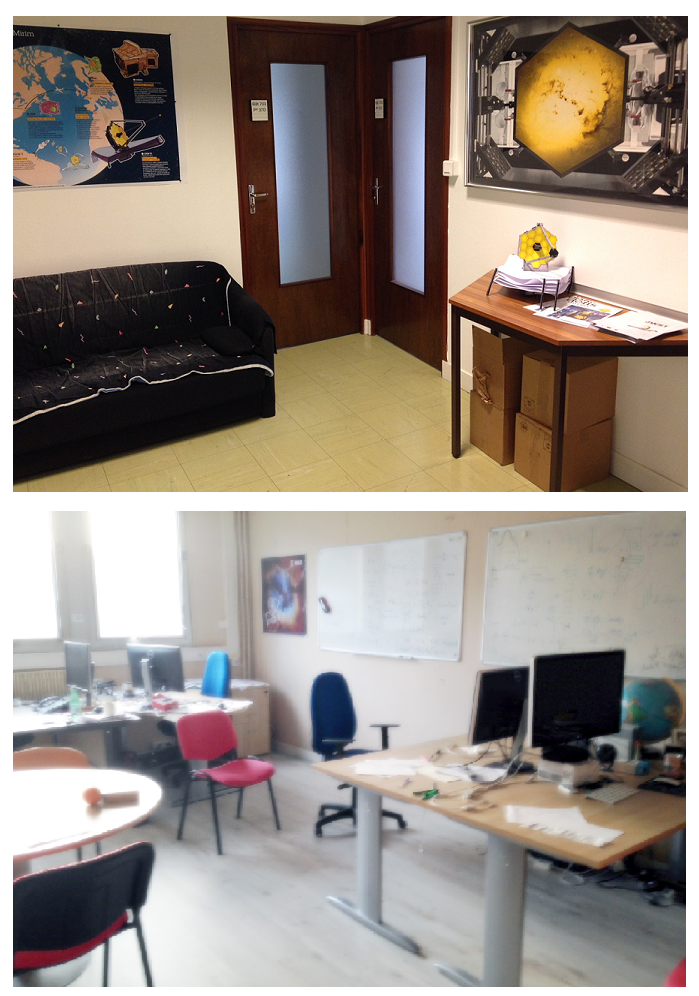
MICE, the Centre of Expertise for MIRI has been built in order to ensure the leading role of the European Consortium for MIRI (EC) in the knowledge and use of the MIRI instrument, and is animated by the necessity of offering a concrete response to the needs of the community, in particular the national one.
Although MICE should have a broad general knowledge of the whole MIRI instrument, the French Centre will be naturally specialized in the area that it has been working for during the instrument building, which is the imager, the low resolution spectrograph and the coronagraphs. The specific expertise for the medium resolution spectrograph will be provided by other groups (ATC, UK Edinburgh and Leiden, NL) within the European consortium. It is clear that the technical expertise that is acquired must be exploited by being placed at the service of the preparation and realization of the scientific programmes.
The document MIRI-Requirements presents the scientific requirements that will rule such Centre. MIRI-Development_Plan defines how MICE intends to meet those requirements during the period 2015 – 2019. It describes the various support tasks that must be fulfilled out by MICE if the community is to obtain maximum scientific benefit from the investment in MIRI. Finally, MIRI-Management_Plan describes the management plan for MICE during that period. That document gives also an estimate of the staffing which are/will be involved and their needs.
In order to provide support, the expertise centre is continuously gaining the expertise needed : this expertise goes beyond the expertise acquired in the contractual framework of the MIRI instrumental development (hardware, test and data reduction algorithms). Prior to launch, additional expertise, especially on detectors behaviour, will be acquired through additional tests at JPL or at Saclay (intrapixel measurements).
The role of MICE implies also the testing of the STSCI data pipeline. MICE will use the commissioning data not only to verify that the performances required are met but also to test the limits of the instrument.
1-MICE premices at CEA-Saclay, Building 703 (SPHn), Rooms 37-(A-D)
2- L’Orme des Merisiers, Gif-sur-Yvette, F91191

MICE, the Centre of Expertise for MIRI
MICE, the Centre of Expertise for MIRI has been built in order to ensure the leading role of the European Consortium for MIRI (EC) in the knowledge and use of the MIRI instrument, and is animated by the necessity of offering a concrete response to the needs of the community, in particular the national one.
Although MICE should have a broad general knowledge of the whole MIRI instrument, the French Centre will be naturally specialized in the area that it has been working for during the instrument building, which is the imager, the low resolution spectrograph and the coronagraphs. The specific expertise for the medium resolution spectrograph will be provided by other groups (ATC, UK Edinburgh and Leiden, NL) within the European consortium. It is clear that the technical expertise that is acquired must be exploited by being placed at the service of the preparation and realization of the scientific programmes.
The document MIRI-Requirements presents the scientific requirements that will rule such Centre. MIRI-Development_Plan defines how MICE intends to meet those requirements during the period 2015 – 2019. It describes the various support tasks that must be fulfilled out by MICE if the community is to obtain maximum scientific benefit from the investment in MIRI. Finally, MIRI-Management_Plan describes the management plan for MICE during that period. That document gives also an estimate of the staffing which are/will be involved and their needs.
In order to provide support, the expertise centre is continuously gaining the expertise needed : this expertise goes beyond the expertise acquired in the contractual framework of the MIRI instrumental development (hardware, test and data reduction algorithms). Prior to launch, additional expertise, especially on detectors behaviour, will be acquired through additional tests at JPL or at Saclay (intrapixel measurements). The role of MICE implies also the testing of the STSCI data pipeline. MICE will use the commissioning data not only to verify that the performances required are met but also to test the limits of the instrument.
The Team
You can contact any member of MICE, the French MIRI Centre of Expertise, for any advice or direct support.

Pierre Olivier Lagage
Astrophysicist, PI Français MIRI
pierre-olivier.lagage@cea.fr
Exoplanets programmes
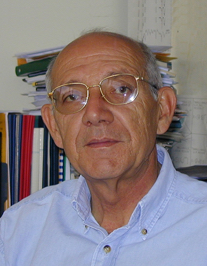
Patrice Bouchet
Astrophysicist, Project Manager MICE
patrice.bouchet@cea.fr
SN 1987A ; supernovae programmes
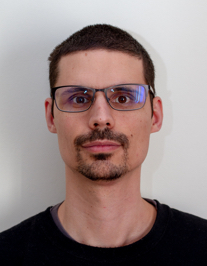
Christophe Cossou
Engineer
software developer; pipeline, simulator, analysis tools
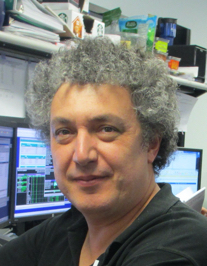
Alain Coulais
Engineer
.
software developer; system and analysis tools

Dan Dicken
Astrophysicist, MIRIm Instrument Scientist
dan.dicken@u-psud.fr
MIRI detectors
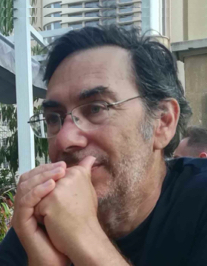
Rene Gastaud
Engineer
rene.gastaud@cea.fr
software developer ; high level analysis tools
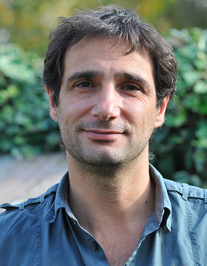
Anthony Boccaletti
Astrophysicist
anthony.boccaletti at obspm.fr
MIRI Coronagraphs;
Exoplanets
.

François Orieux
Chercheur associé à l’IAS, spécialisé dans le traitement de données scientifiques
orieux@ls2.centralesupelec.fr
Problèmes inverses, reconstruction & fusion de données.
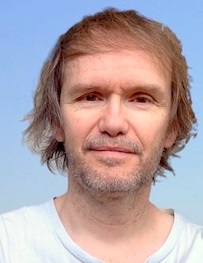
Pierre Baudoz
Astrophysicist
pierre.baudoz at obspm.fr
MIRI Coronagraphs; Exoplanets

Boris Trahin
Engineer, Astrophysicist
boris.trahin at universite-paris-saclay.fr
MIRI Pipeline, MRS
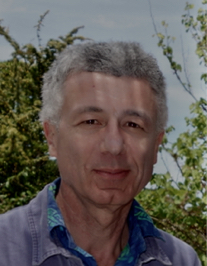
Alain Abergel
Astrophysicist, Co-I MIRI (MRS)
alain.abergel@universite-paris-saclay.fr
Interstellar medium, Photodissociated Regions (PDR)
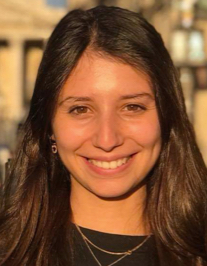
Achrène Dyrek
Ph.D. student
achrene.dyrek@cea.fr
MIRI data models and reduction, Direct-imaging
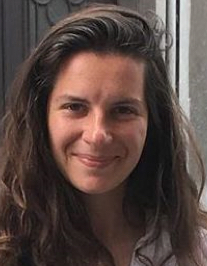
Elsa Ducrot
Astrophysicist
Post-doc (Paris Region Fellowship)
Elsa.Ducrot@cea.fr
Exoplanets (Trappist-1) MIRI Data Analysis

Raphaël Peralta
Astrophysicist
Post-doc
Peralta.Raphael.@cea.fr
Exoplanets
Scientific Mediator
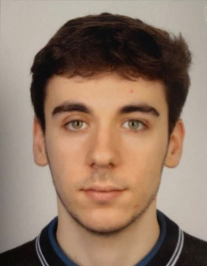
Dan Pineau
PhD Student at IAS
dan.pineau@universite-paris-saclay.fr
MIRI Imaging/spectroscopy Data Fusion…
Copyright © 2025 JWST | Powered by Thème WordPress Conceptly






